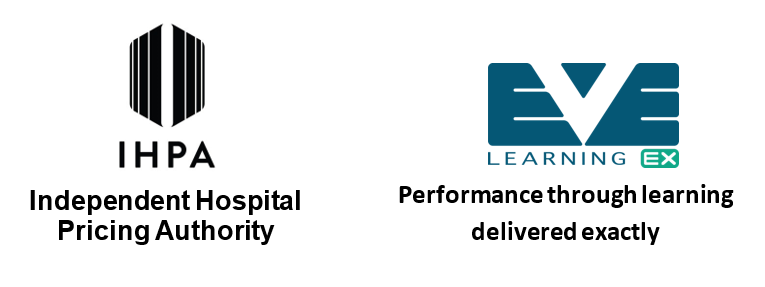Check SCREEN READER MODE to make this survey compatible with screen readers.

IHPA Mental Health Care Classification Education Project Survey |
Check SCREEN READER MODE to make this survey compatible with screen readers.

IHPA Mental Health Care Classification Education Project Survey |
T